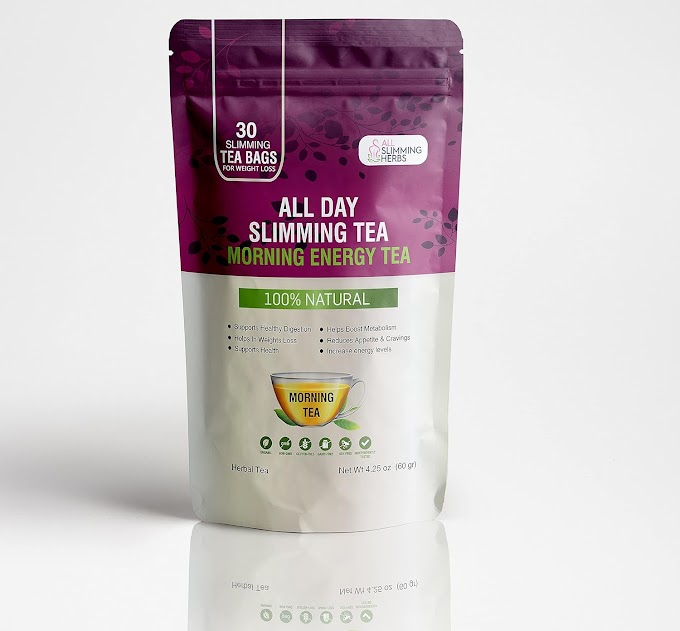The 21-day smoothie diet is a weight loss and weight gain plan, it's an easy and effective alternative to fad diets.
The creator of this plan claims that the diet is associated with a long list of benefits, it can help to improve sleep, skyrocket energy levels, keep your skin glowing, and increase rapid weight loss.
This article will take a closer look at the smoothie diet. Like how it works. Should you take it or not? And benefits and negative side effects.
It's a weight loss plan developed by health and weight loss coach Drew Sgoutas.
According to the creator, the 3-week diet plan can help promote healthy eating, detoxify the body, rev up energy levels, enhance immune function, and improve skin and gut health.
This plan includes swapping two of your meals each day with smoothies, the principles of this program are outlined in the e-book, which is available online for 37$.
The e-book involves over 36 delicious smoothie recipes, meals, and snack ideas, Shopping lists, and tips for preparing the smoothies and maintaining weight loss long-term and weekly schedules.
They also claim that the diet can increase weight loss even some testimonials displayed on their website claim that the plan led up to 9 pounds of weight loss in just 3 days.
Way to follow it
Over 36 delicious recipes are provided in the e-book, created using ingredients like fruit, vegetables, almonds, coconut, and nuts or seeds.
The 21-day smoothie diet involves replacing 2 of your meals every day with smoothies using the recipes given in the book.
The smoothie diet allows you to eat one solid meal daily and 2 healthy snacks in addition to these 2 smoothies.
Solid meals should consist mostly of foods and snacks should be high in fiber and low in sugar, with around 150-200 calories per serving.
It's on you, you can replace the plan with a 3-day detox which requires you to consume a smoothie a place of all three daily meals, with 2 healthy snacks in between.
The diet is also in Fiver and claims to help reset your test buds to reduce sugar cravings.
This program is for 3 weeks but, can be repeated as many times until you reach your goal weight.
Note - You are allowed to cheat one day per week, where you don't consume any smoothie.
Foods to eat
Most of the recipes included in the 3-week program consist of fruits, vegetables, nuts, and seeds, mixed with coconut milk, coconut water, or almond milk.
We have some specific examples of foods:
. Fruits: Apples, oranges, pineapples, strawberries, blueberries, raspberries, pears
. Vegetables: Cauliflower, carrots, spinach, kale, broccoli, bell peppers
. Protein foods: Salmon, eggs, greek yogurt, legumes, turkey, chicken
. Nuts and seeds: Flaxseed, almonds, chia seeds, walnuts, nut butter
. Whole Grains: Brown rice, oats, popcorn, quinoa, buckwheat
. Beverages: coconut milk, coconut water, almond milk
. Herbs and spices: Fresh Ginger, parsley, cinnamon, mint, vanilla extract
. Other Ingredients: Honey, vanilla extract, granola, unsweetened coconut flakes, unsweetened cocoa powder
Foods to avoid
You should limit sugar-sweetened beverages and processed foods, including processed meat, fried foods, and refined grains.
. Fried foods: fried chicken, french fries, donuts, mozzarella sticks, fish sticks
. Sugar-sweetened foods: soda, energy drinks, sports drinks, sweet tea
. Processed meats: salami, pepperoni, bacon, ham,. cold cuts
. Processed foods: Chips, pretzels, baked goods, convenience meals, cookies
. Refined grains: White rice, white pasta, white bread, tortillas
Downsides
It may be high in sugar
The 21-day smoothie diet contains multiple servings of fruits, including bananas, apples, pomegranates, pineapple, peaches, and strawberries.
Some more ingredients are high in sugar like honey and granola.
People who are diabetic may need to monitor their intake of foods high in carbohydrates, Such as honey and fruits, to prevent spikes in sugar levels.
Though these ingredients can be enjoyed as part of a healthy, balanced diet, the high amount include in the diet may only be suitable for some.
Increases risk of nutrient deficiencies
Eating just one solid meal daily and replacing your remaining two meals with smoothies may increase nutrient deficiencies.
This program recommended smoothie recipes contain nutrient-dense ingredients like veggies and fruits, they also omit or limit many of the foods typically included in a balanced meal, including whole grains, lean proteins, and healthy fats.
One more thing some smoothie recipes are low in sugar like the green detox smoothie - Made with kale, banana, ginger, lemon, and cucumber - which contains less than 4 grams of protein per serving.
These facts make it challenging to ensure you're meeting your protein needs, negatively impacting tissue repair, muscle growth, immune function, and more.
Especially the diet claims to provide around 1,500 calories per day, most of the smoothie recipes are very low in calories and unlikely to provide enough calories to meet the needs of most healthy adults.
Consuming too few calories each day can slow your metabolism and cause serious negative side effects, including hunger, headache, fatigue, and nausea.
Conclusion:
Incorporating smoothies into a balanced diet can be a great way to boost nutrient intake and support overall health. However, they should not be used as a sole source of nutrition. For best results, consider smoothies to supplement a varied diet that includes whole foods and other nutrient-dense options. It’s also wise to consult with a healthcare provider or a registered dietitian before making significant dietary changes.







